What influence do environmental factors have on the performance of machine screw anchor
2025-05-06In the application of machine screw anchors, the impact of environmental factors on their performance cannot be underestimated. Factors such as temperature, humidity, chemical environment and soil conditions may have a significant impact on the stability and load-bearing capacity of anchors.
Temperature is an important factor in determining the performance of machine screw anchors. Anchors are usually made of a variety of metal materials, and different metals have different mechanical properties under extreme temperature conditions. In high temperature environments, the strength of metals may drop significantly, resulting in the bearing capacity of anchors being affected. High temperatures may also induce creep of materials, further weakening their stability. In contrast, low temperature environments may make some metal materials brittle and increase the risk of anchor fracture. Therefore, when designing and selecting materials, the temperature range of specific application scenarios must be considered to ensure the reliability and safety of anchors under extreme temperature conditions.
Humidity and moisture are another key environmental factor that affects the performance of anchors. Under humid conditions, the surface of anchors is prone to oxidation and corrosion, especially carbon steel anchors that have not been treated with anti-corrosion. Corrosion not only reduces the strength of the anchor, but may also weaken its bonding with the substrate, thereby affecting the overall load-bearing capacity and stability. To improve corrosion resistance and extend service life, stainless steel or anti-corrosion treated anchors are recommended in humid or rainy areas. In addition, the presence of moisture may also have a negative impact on the performance of bonded anchors, especially when using chemical adhesives. Excessive moisture will dilute the adhesive and reduce its bond strength, which will affect the overall performance of the anchor.
The chemical environment also has a significant impact on the performance of machine screw anchors. In some industrial environments, anchors may be exposed to corrosive chemicals such as acids, bases and salts. These chemicals will accelerate the corrosion process of the anchor, resulting in reduced strength and eventual failure. Therefore, in these environments, it is particularly important to choose corrosion-resistant materials such as stainless steel or galvanized steel. At the same time, regular inspection and maintenance are also important measures to extend the service life of the anchor to ensure its stable performance in harsh chemical environments.
Soil conditions also have a significant impact on the performance of machine screw anchors. In some applications, the anchor needs to be embedded in the soil for fixation, and the type, moisture and pH of the soil will directly affect the stability of the anchor. For example, acidic soils may accelerate the corrosion of metal materials, while wet soils may cause rust and reduced strength of the anchor. Therefore, when selecting anchors, the chemical properties of the soil must be considered comprehensively and appropriate protective measures must be taken to ensure that the anchors perform reliably under various soil conditions.




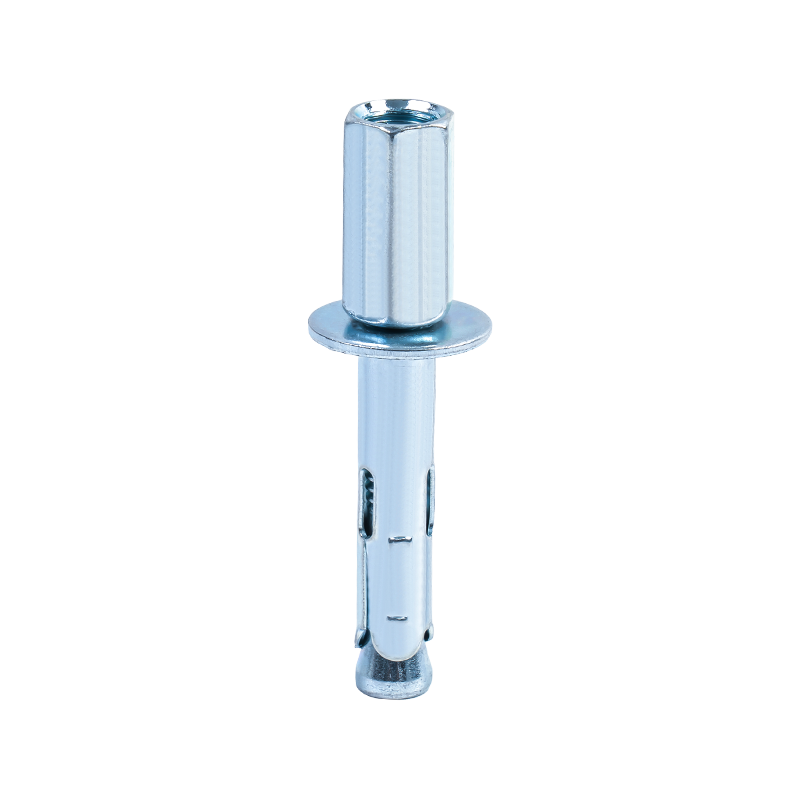
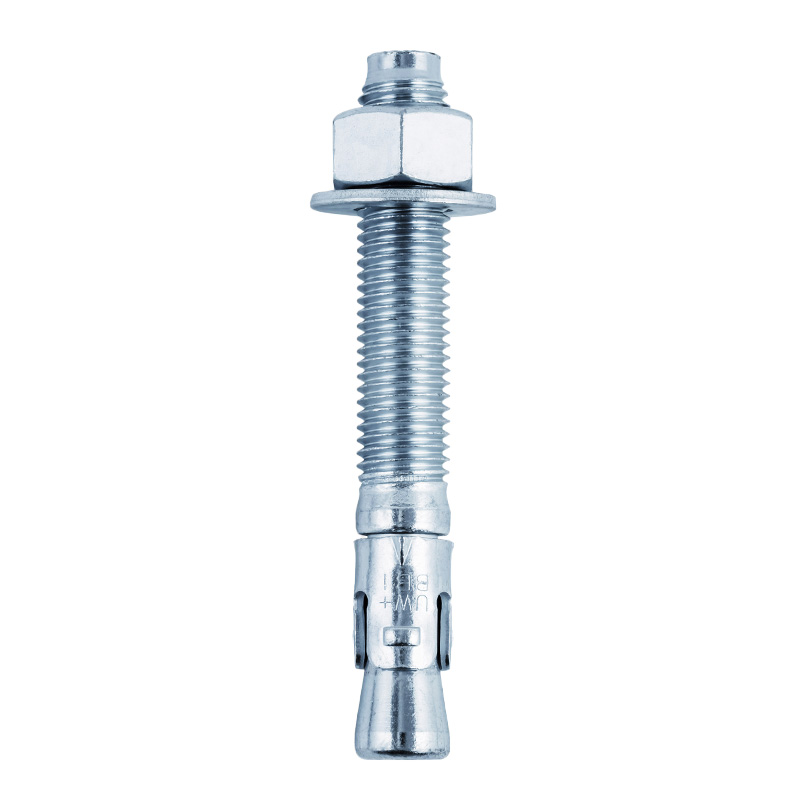
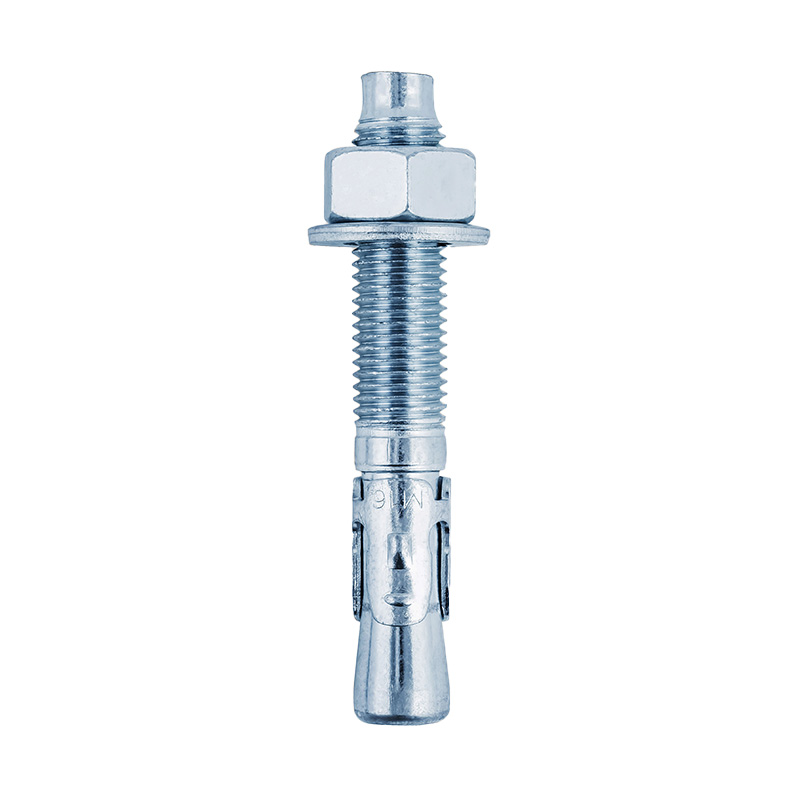
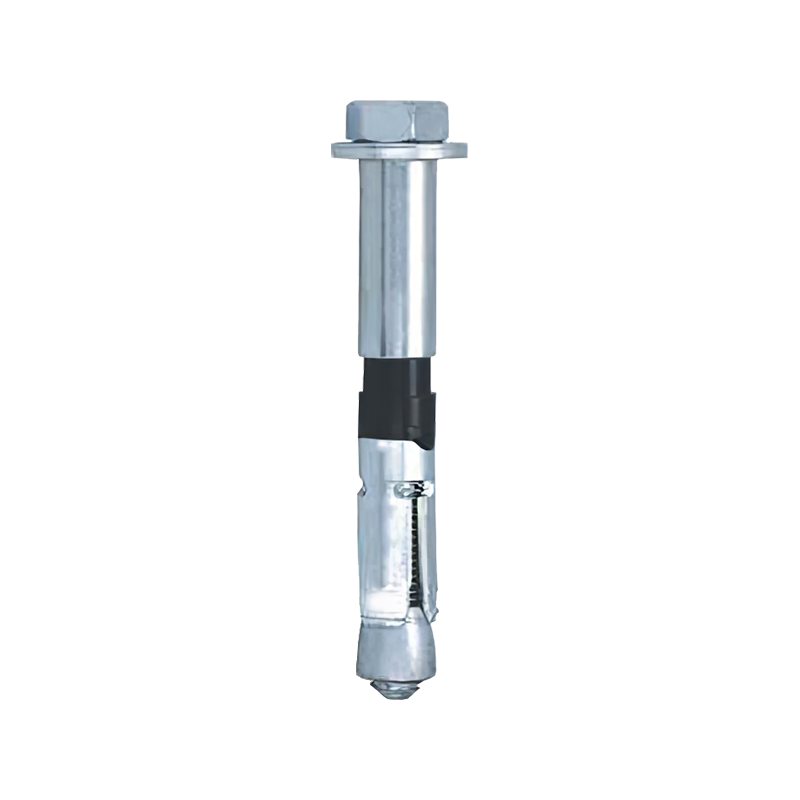
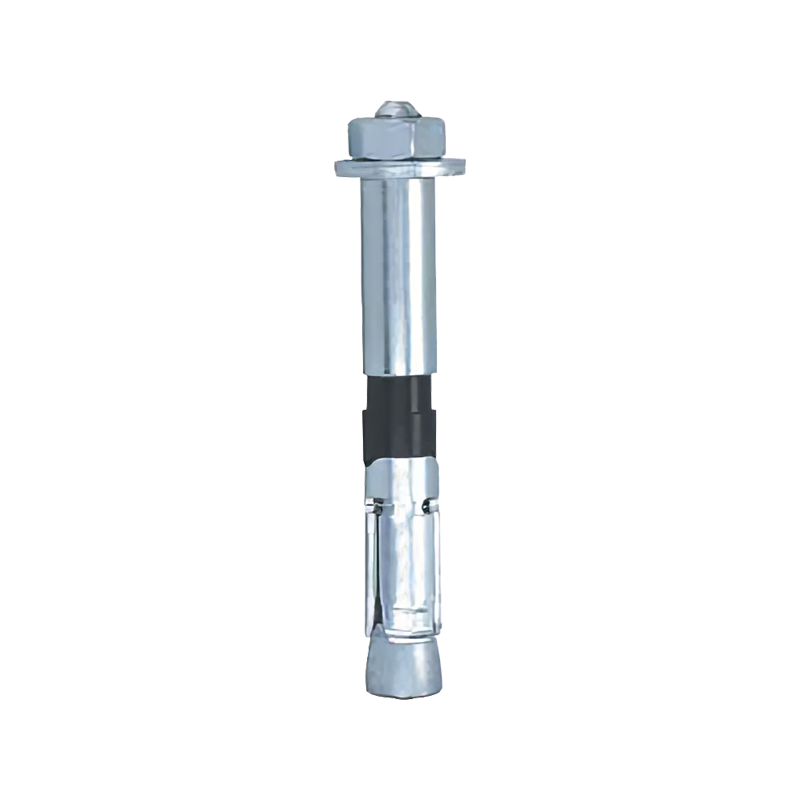
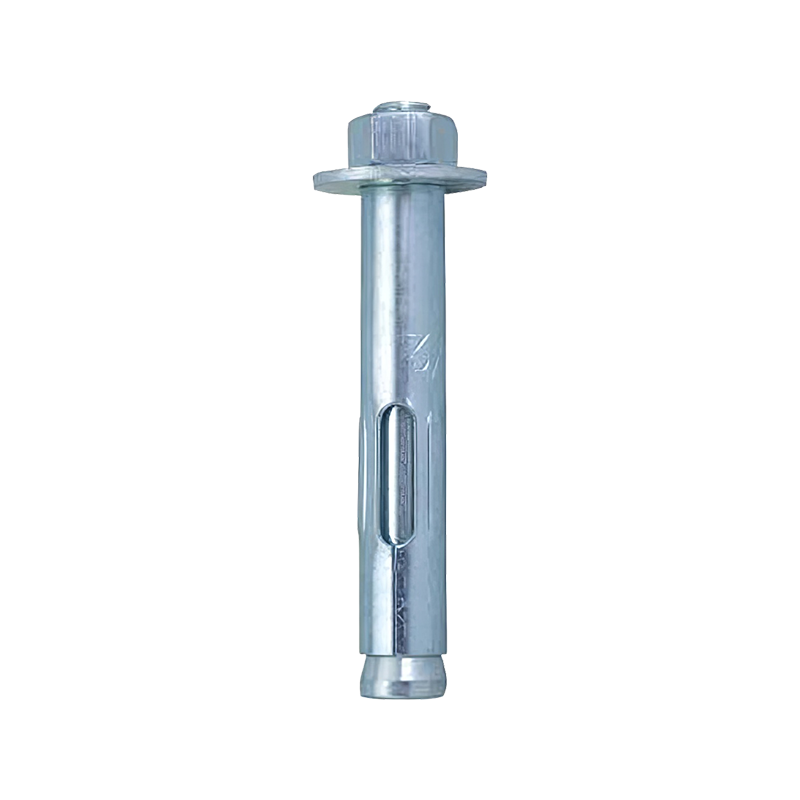
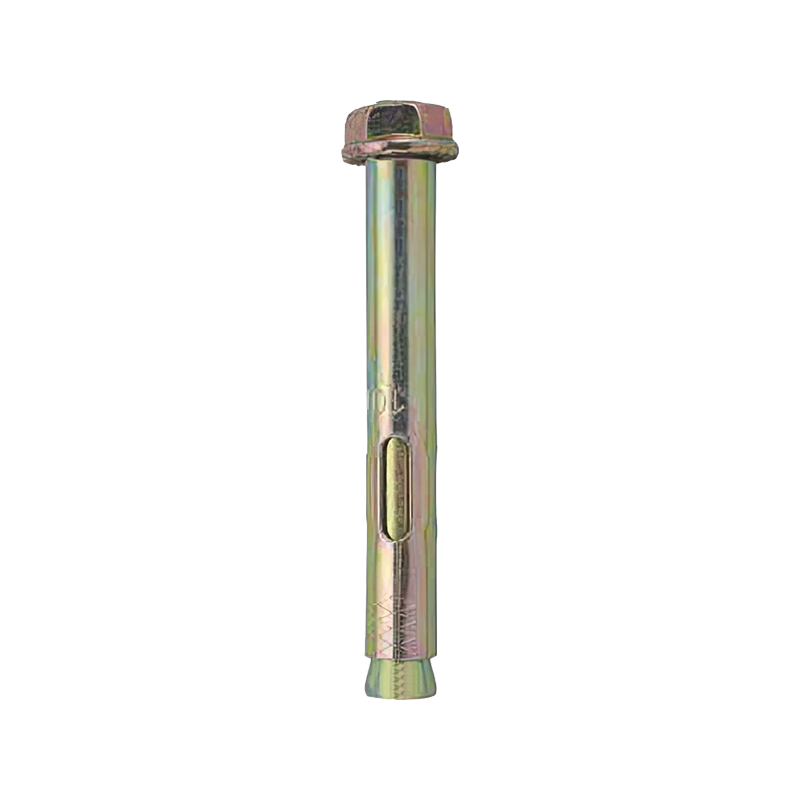

Contact Us